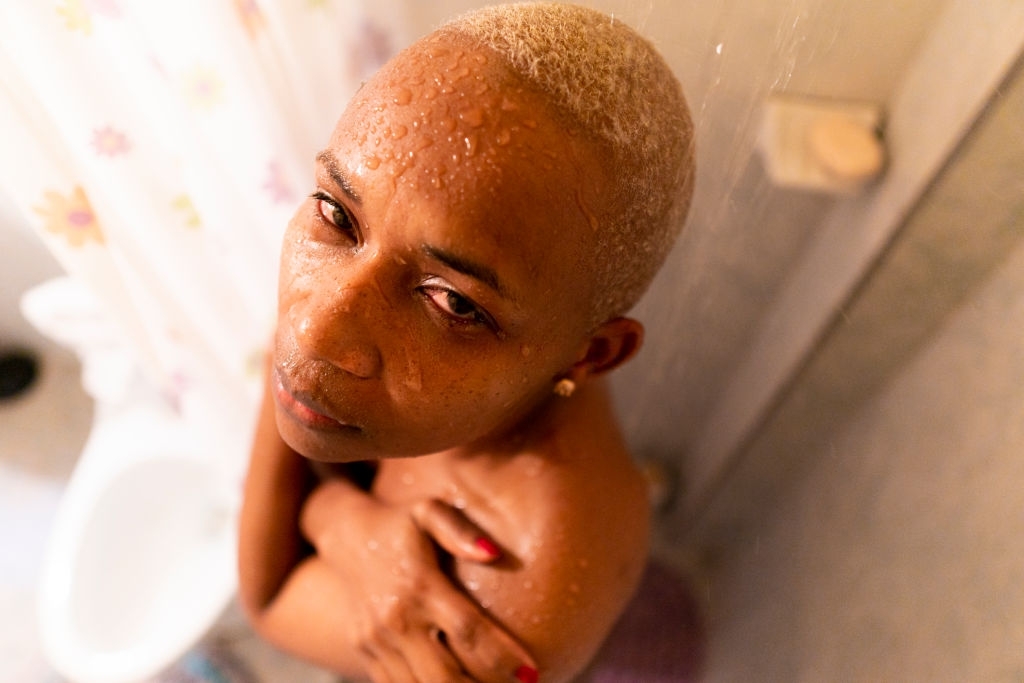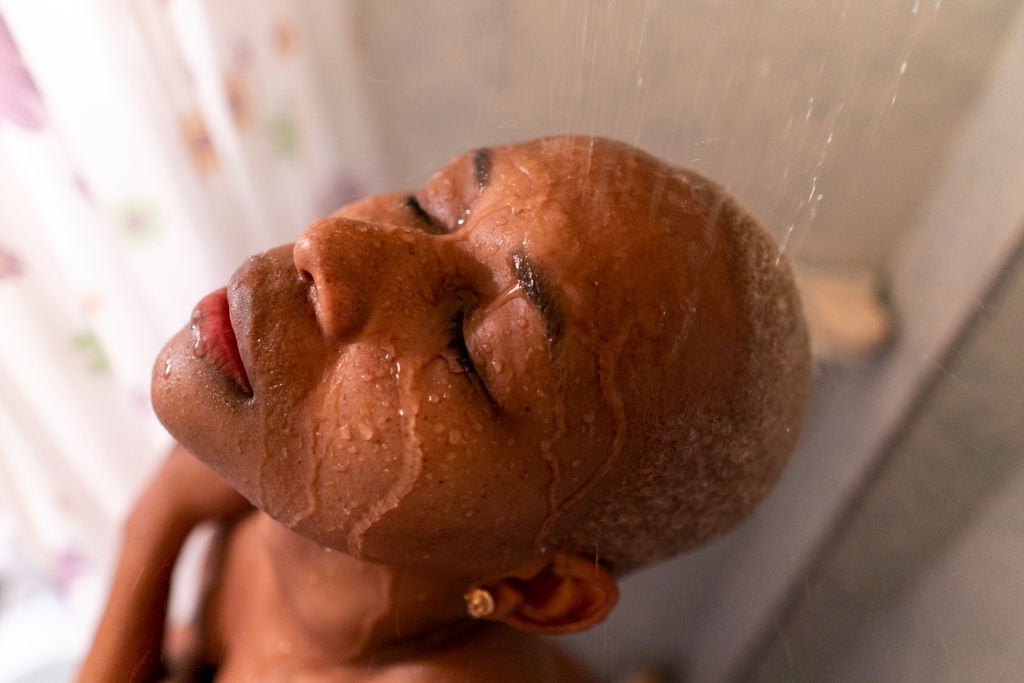Although most of the Earth’s surface is covered by water, only about 1% of it is freshwater that is suitable for drinking and domestic consumption.
Between old fixtures, inefficient appliances, faulty plumbing, and old habits, it is easy to waste a considerable amount of water each day in a typical household. A toilet that has a faulty flapper valve, for example, can waste gallons of water per hour as it constantly runs and refills the tank.
1. Using your toilet as a trash can. Representing almost a third of a household’s total indoor consumption, toilets are the biggest source of water use in your home. Every time you flush a facial tissue or feminine product, you waste five to seven gallons of water. Not to mention flushing something other than human waste and toilet paper is bad for your pipes and drains!
2. Taking baths and long showers. Think of it this way: The average American shower uses 17.2 gallons of water and lasts up to 8 minutes – that’s a lot of water.
 |
| Top 10 Ways You Are Wasting Water in Zimbabwe! |
4. Leaky pipes. It’s important to keep an eye out for leaks around your toilet, faucets, hose bibbs, and any other plumbing fixture that you use often. Repair or replace leaking water lines as soon as possible, and keep an eye on your water bill month to month to spot hidden leaks.
5. Laundry loads that are only half full. Ensure that each load of laundry you do is pretty full. This will be more cost-effective in the long run.
6. Running a dishwasher that’s not completely full. Make sure your dishwasher is completely full before you run it. In fact, you should consider running it on a “light” cycle if a “normal cycle” isn’t necessary.
7. Washing dishes with running water. Instead, fill up your sink with soap and water and let the dishes soak. After a few minutes, go ahead and wash them off!
8. Conventional toilets. If you have an older toilet, it could be using up to 2 gallons more water than a newer low-flush or high-efficiency toilet.
 |
| Top 10 Ways You Are Wasting Water in Zimbabwe! |
About Nakiso Borehole Drilling
At Nakiso Borehole Drilling, we are your comprehensive partner for unlocking reliable water on your property. Our highly skilled team tackles all drilling projects, from standard boreholes to specialized Blast Hole and RC Drilling.
We handle everything in-house for a seamless experience, encompassing expert borehole siting, efficient drilling, and pump installation – solar, electric, or manual – tailored to your specific needs. With Nakiso, your reliable water source is just a drill away.
We don't just strive to be the best; we maintain the industry's strictest quality standards and are committed to sustainable practices for the future of Zimbabwe's water security.
Fact 1: Know Your Borehole Casings
The Preferred Borehole Casing In Zimbabwe Is Class 9 and 10 (Pressure Classes.)
This is because Class 9 and Class 10 Casings are more collapse resistant. The strength of a Casing is often described as collapse resistance.
Fact 2: Borehole Drilling Depth
The exact depth, of where the water is located, cannot be established by the drilling contractor nor the Water Surveyor (Borehole Siter).
Fact 3: There Is No 100% Guarantee
It is important to note that it is never a 100% guarantee that any hole will yield water, the amount and water quality can also not be guaranteed by the drilling contractor and water surveyor.
Fact 4: Siting Is Important
Making use of a hydrologist or traditional water diviner will increase your chances of having a successful borehole that will yield a sufficient amount of water.
Fact 5: Know The Risks
The risk of the borehole drilling lies with the property owner. The client will still be liable for the drilling costs irrespective of a borehole yielding water or not.
Our Branches and Our Contacts

Churchill Ave Branch
Business Offices (HQ):55 Churchill Avenue,
Alexandra Park,
Harare North,
Zimbabwe.
Call Us Today:
Office Numbers: +263 867 71 88844
Sales: +263 78 860 8009
Operations: +263 78 860 8005
Marketing: +263 78 876 6701
Email: info@nakisoboreholes.co.zw
Website: www.nakisoboreholes.co.zw

Bluff Hill Branch
Business Offices:36 St. Anthans Drive,
Bluff Hill,
Harare,
Zimbabwe.
Call Us Today:
Office Numbers: +263 71 494 0883
Sales: +263 78 860 8009
Operations: +263 78 860 8005
Marketing: +263 78 876 6701
Email: info@nakisoboreholes.co.zw
Website: www.nakisoboreholes.co.zw






